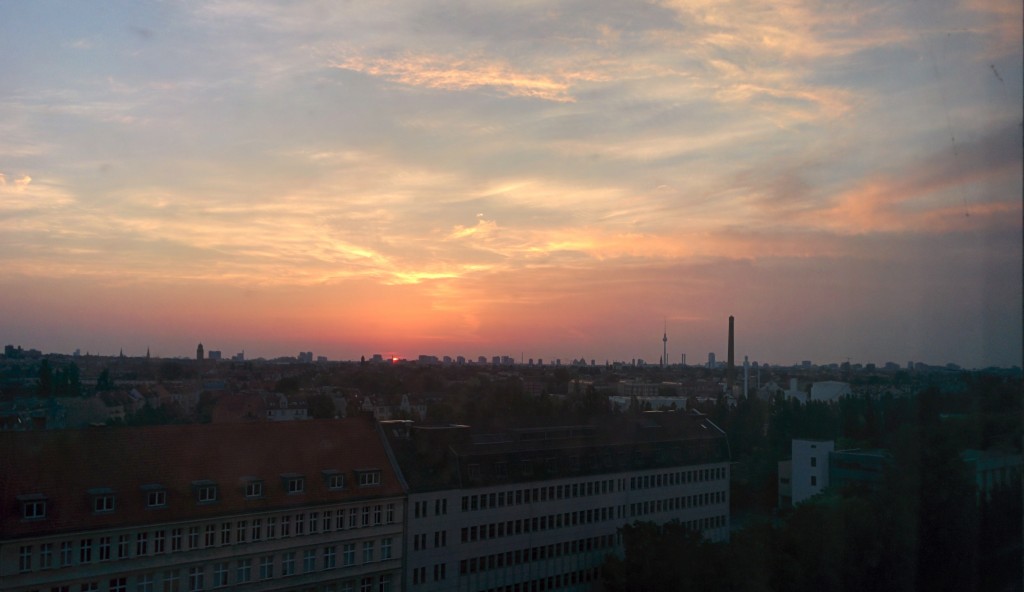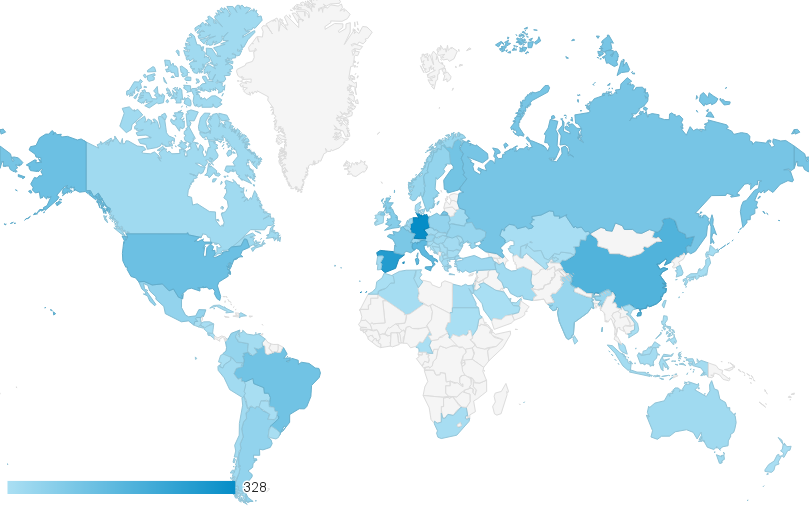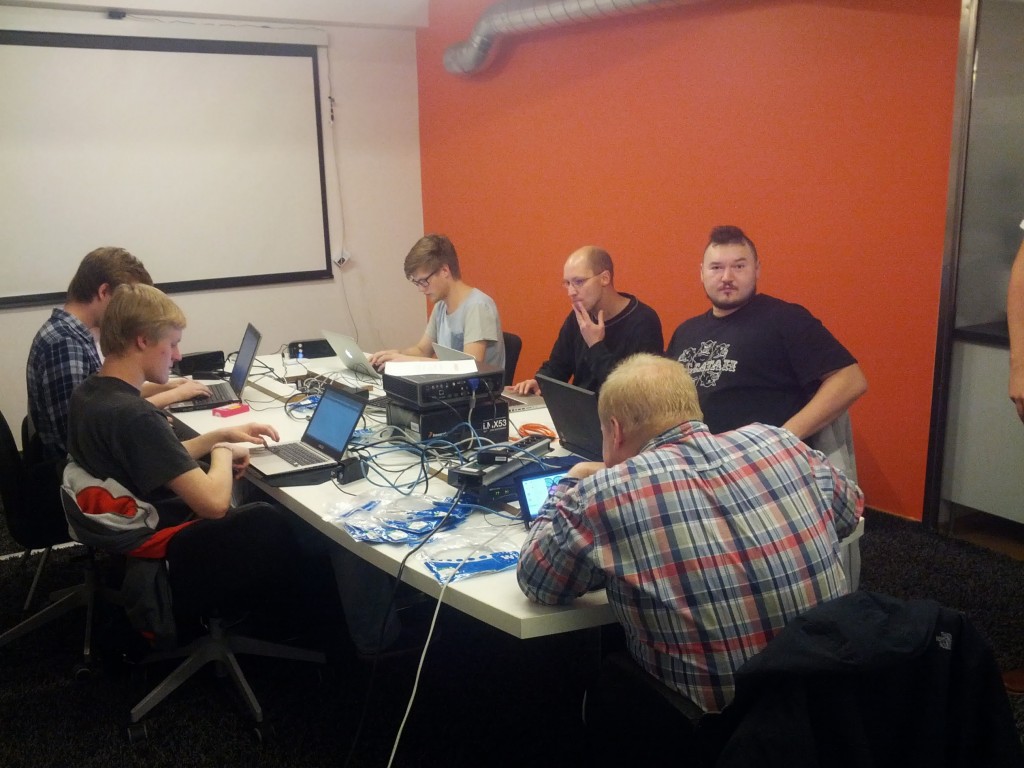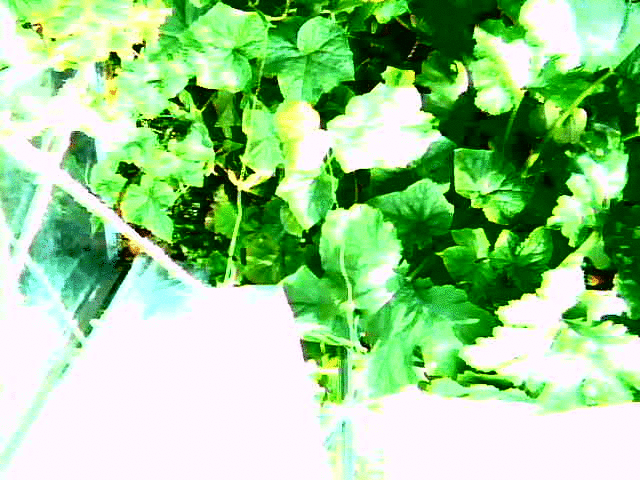I’m writing from a warm and sunny Berlin, having attended my first Qt Contributors Summit. It is always nice to meet the Qt developer team, and to get a chance to hang out with the Pelagicorians from our Munich office.
 This conference really acts as a good balance to Qt Developer Days. Where QtDD consists of speeches and focuses on information for the users of Qt, the QtCS consists of open discussions focusing on the development of Qt. I, personally, will take two things with me from here: the vibrant community and the openness of Qt.
This conference really acts as a good balance to Qt Developer Days. Where QtDD consists of speeches and focuses on information for the users of Qt, the QtCS consists of open discussions focusing on the development of Qt. I, personally, will take two things with me from here: the vibrant community and the openness of Qt.
It is nice to see the community in action. There are people from KDE, Digia, KDAB, ICS, Intel, Canonical, Jolla, Pelagicore and more attending. This really shows how strong Qt has grown through the qt-project. Opening up development to people outside what was Trolltech / Nokia really has resulted in a strong community.
Having people from potentially competing companies at a joint developer conference can be a difficult thing. Here, however, the discussions have been open and honest. As a developer, it is really nice to see that Qt is driven by developers and not by politics. The discussions have been really great, letting everyone discuss their concerns and use-cases and agreeing on the direction going forward. All of you can read the minutes at the QtCS wiki.
Finally, I’d like to thank Pelagicore for letting me attend, and for sponsoring the QtCS this year.




